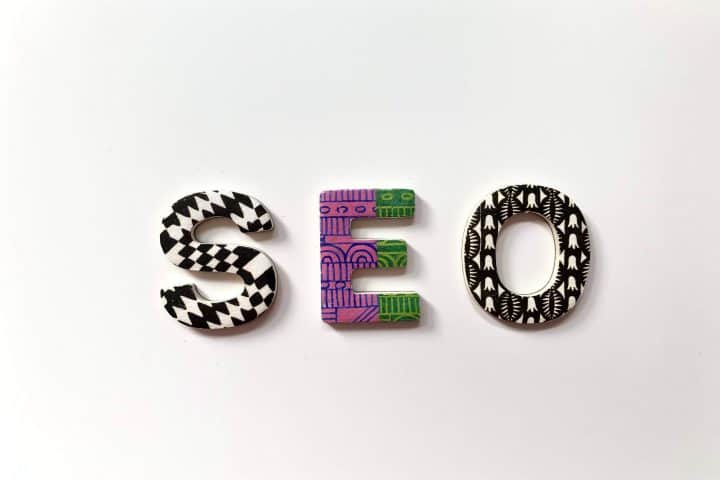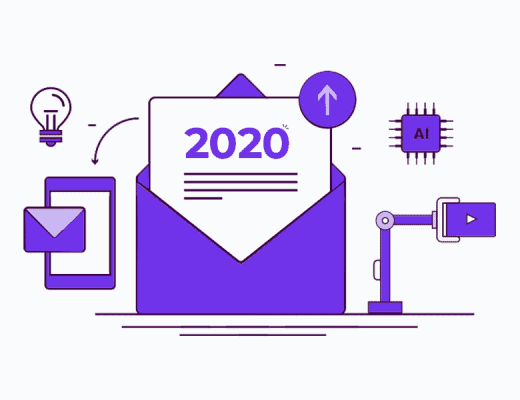Businesses small and large are in the driving seat of marketing like never before. Free digital marketing tools and training are readily accessible online meaning that the mystery of marketing is gone. On the flip side, increased access can create confusion about how exactly to harness these marketing tools to boost business profitability.
What is Search Engine Marketing?
You’re not alone if you’ve questioned what makes Search Engine Marketing different to Search Engine Optimisation (SEM vs SEO). Simply put, SEO is a marketing tactic that aims to increase visitors to your website using keyword and content-related activities. In turn, SEM is more of a holistic marketing approach that uses SEO as just one of several tactics along with paid activities to increase exposure to your overall brand.
Facts Will Save You Money
It might not be the most exciting starting place but without research, you could end up wasting your time and money. To be more certain of a successful outcome you must not assume that you know anything without first having the facts. Start your SEM campaign by gathering the facts of who, what, why and where.
How To Know exactly Who To Target
It is essential to truly understand the persona of your clients. It is easy to make assumptions about your clientele but how do you know that your assumptions are correct? Do a ‘persona audit’ to find out who is buying your products or using your services.
If you already have an online presence, be it a website, shop or social media page, then there are analytics and insights already available to you. Social sites vary in what insights they offer but you will get the basics at the very least. Google Analytics will break down your existing website audience. Use this free tool to know the age, location and hobbies (and more) of your clients.
“If you also have a physical shop or service, keep a tally of who is coming into the store (and buying) and who is using your services. Note their ages, gender etc. Once you’ve gathered all your information use it to form a super persona that embodies all the important traits of your customer. This is your customer persona,” says Annabelle Darry, a SEM marketer at 1 Day 2 Write and Next Coursework.
Know Why They Buy
You offer great services or products, right? People are buying from you, but why? Is it because you are local to them? Is it your offer of free delivery? Is your product unique or great value for money. Work out what problem you are solving for your customers to know how to target them with SEM. When you are doing this remember, you are not your customer. What you think you know and what the facts will tell you could be very different. Find data and facts and use them to guide you every time.
Get Specific About Keywords
“How people search for topics and products online is different from how we speak and read offline. For example, if someone wanted to learn to cook they might ask a friend “will you teach me?” but they would word an online search as “cooking recipes for beginners”. This is why it is essential to know what keywords work best for your industry and products,” says Katy Twin, a journalist at Brit Student and WriteMyX. Utilise the power of the Google Keyword Planner to find the top 10 keywords for your business. It is as straightforward as typing in the name or your product, area or industry. Once you know your keywords, keep them central in all your online activities.
Make A Plan
Now that you know your client persona, what problem you are solving for them and your top keywords, it’s time to make a plan. Consider what content you need to create. It is recommended to create individual pieces of content, such as blogs, for each keyword. Draft a schedule of what needs to be written and when.
If you plan to invest in digital advertising, include this in your plan. Decide where you will advertise e.g. social or Google or both, and how much you can invest. Try to plan at least 6 months, preferably 12 months, ahead at a time.
The most important part of your plan is your expectations of what the outcome will be. If you expect that you will see an instant spike in sales and online engagement, then you will be sorely disappointed. SEM and SEO are both long term strategies. They are powerful tools for growing business profit and brand awareness over time, not instantly. Be patient.
Test, Test and Test Again
Make ‘test, test and test again’ your new motto. There is no one-fits-all type of marketing. As is the case on the high street, you will be competing for customer attention as well as their business. As part of your plan, schedule regular checks for after a month, 2 months and so on. Listen to data, if it is going in the right direction then carry on, if it is going nowhere then retrace your steps to find out how you can tweak your keywords or advertising to improve results. Then, test again!







